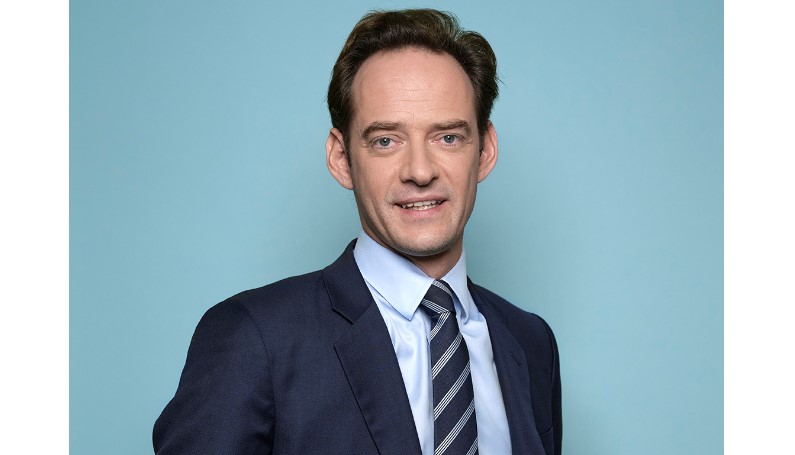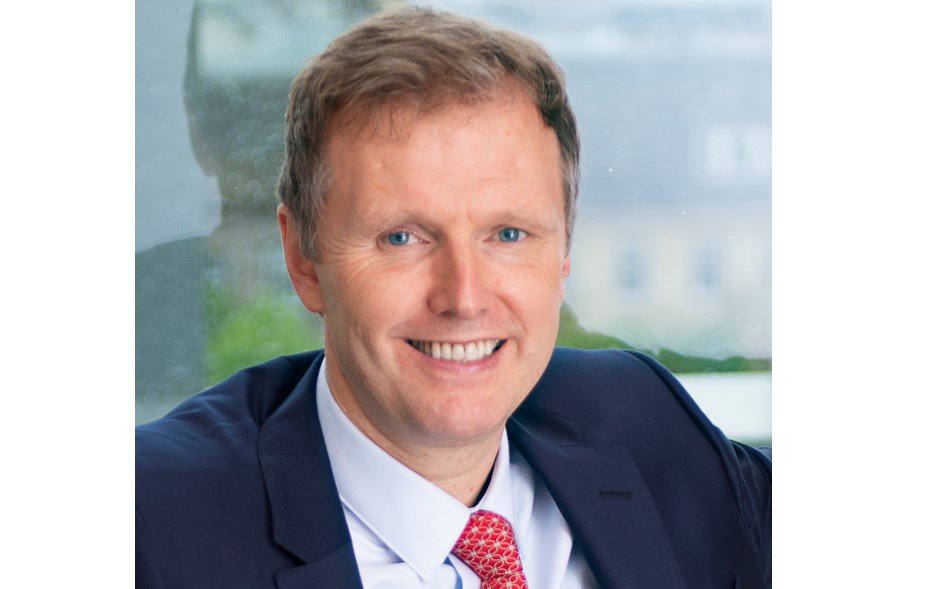Flashpoints in the Sino-American Rivalry: Whoever Controls the Taiwan Strait Controls the Global Economy
| By Beatriz Zúñiga | 0 Comentarios

Mainly playing out across the vast Pacific Ocean, the great power rivalry between the US and China is the dominant geopolitical conflict of our time. There are deep-rooted economic, demographic, and geographic forces at work, reshaping the world’s most important bilateral relationship. A unipolar world where the global hegemon, the US, had unmatched global capacity and influence is morphing into a balanced, multipolar world where various countries have an ever-increasing impact on global decision-making and action.
At the end of World War II, the US accounted for a far larger share of global GDP than would be warranted given its population. To be sure, some of this was due to the US economy’s unrivaled level of productivity and innovation. The US will always punch above its weight because of these factors. But the main reason why the US was the overwhelmingly dominant economic engine of the world was that most major economies lay in ruins after that devastating conflict. In a famous study authored by the British economist Angus Maddison, the US’ share of global GDP reached a zenith of almost 40% in the early 1950s.

Since then, our share of global GDP has been steadily waning. To paraphrase economist Herbert Stein, that which can’t go on won’t. The other component to this relative slide has been China’s rising economic heft. For most of its history, the Mainland’s share of global GDP hovered between 30% and 35%, according to this same seminal work. In other words, China’s rise is merely a return to its normal, baseline level of economic clout. The previous century was the anomaly. China’s rise should and will continue.
So, what does this tell us about the ensuing power struggle between the two countries? Is confrontation inevitable? Can we avoid Thucydides’ famous trap? When paradigms shift, there will always be friction. With tectonic shifts, you might not always get an earthquake, but there are usually a few tremors. The 2018/19 trade dispute was but the first truly global spat between these two rivals. One can expect many more to come with Taiwan being at the vanguard of potential flashpoints. It is not an exaggeration to say that the Republic of China, the official name for the island nation just off the Mainland, is quickly becoming the most important and most-watched nation on Earth.
Taiwan dominates sophisticated global chip manufacturing, and its comparative advantage should only increase. Earlier this year, the shutdowns in American and European auto manufacturing plants had less to do with Covid-19 and more to do with chip shortages in Asia. While these bottlenecks will sort themselves out in the near-term, they are emblematic of a broader problem: semiconductors are the new oil and Taiwan is the new Saudi Arabia. Worryingly, this market is even more concentrated than the oil market is because there are fewer producers. Whoever controls Taiwan can effectively influence the world’s global supply of microchips.
This is not hyperbole. Because the cost of achieving higher logic density has increased so exponentially, it means that new microchip technology entails massive capital investments that require producers to operate with a very high utilization rate. The barriers to entry are prohibitively high. Taiwan Semiconductor Manufacturing Company comprises half of the global semiconductor foundry market. Together with Taiwan’s other giant United Microelectronics Corporation and South Korea’s Samsung, the three companies account for 78% of global market share. In sum, the microprocessor market is highly and dangerously concentrated in Taiwan. From the West’s perspective, this is dangerous because China covets a reunification with Taiwan. Thanks to its actions in Hong Kong, everyone now knows what that would look like under Xi Jinping.
Every investor and policymaker worth their salt will have to account for the vulnerabilities inherent in a world should the situation across the Taiwan Strait deteriorate. An incident where chip production was disrupted or halted, or supply lines were permanently denied could be catastrophic for the global economy. If you think the US would not go to war over chip manufacturing in Taiwan, then you do not remember the US going to war in Kuwait over oil in the early 1990s. Of course, China would pack a stronger punch than Iraq ever could, and Taiwan’s importance means that all stakeholders around the world have incentives to de-escalate.
But as World War I showed us, rational actors can stumble into a conflict through a series of miscalculations after the assassination of an Archduke. Incidentally, World War I was the last time a rising, regional hegemon (Germany) confronted the entrenched global hegemon (the UK). To be sure, I am not saying that the result of this great power rivalry will be a third world war. I am also not precluding it from turning out that way either if the wrong policy mix makes us stumble in that direction. Certainly, Taiwan’s importance to the global economy means that all stakeholders, which in the extreme means all nations, are incentivized to cooperate, and maintain stability. Elementary game theory teaches how that decision-making process can go awry, and behavioral economics similarly suggests that not all decisions, even at the state-level, are rational and motivated by self-interest.
What are investors and market participants to do? Do we run to the proverbial risk bunker and wait out the coming conflict? Again, history provides a clear answer – an emphatic “no”. During the Cold War, broadly defined as 1947 till 1991, the S&P 500 rose 2,708% (7.70% annualized) despite enough missiles being pointed at each other to wipe out humanity many times over. Lest we forget, the world stood at the brink of doomsday several times during this now quickly receding era: The Berlin Airlift, the Korean War, the Soviet Invasion of Hungary, and the Cuban Missile Crisis. That was our conflict with the ideological and militant Soviets. Conflicts with the capitalist Chinese may turn out a tad less unnerving.
We must learn how to interpret the decisions and actions of these two great nations within the framework of this great power rivalry: the US wants to maintain the status quo, its place at the center of the post-WWII order, while China wants to regain its historical place and displace said order. From the American side, you will see intensifying economic pressure, and support of borderland states like Taiwan as an attempt to limit China to the first island chain. One will see the US trying to encircle the Chinese through alliances and balance of power moves allowing Japanese remilitarization and an Indian rapprochement.
For China’s part, it must ensure that it can keep delivering the economic growth that its masses have come to expect and that underpin the government’s credibility. To that end, we will see attempts to bypass the global commons, the oceans that the ubiquitous US Navy still dominates. The Chinese have reconnected with the Russians, as a unified Eurasian landmass will better counter the seagoing Americans. There will be other, yet to be determined, manifestations of this global conflict. It is important that we recognize them when they arrive. The markets will have to learn how to discount this risk premium, and, as they have done in earlier eras of shifting paradigms, they will adjust to the new reality.














